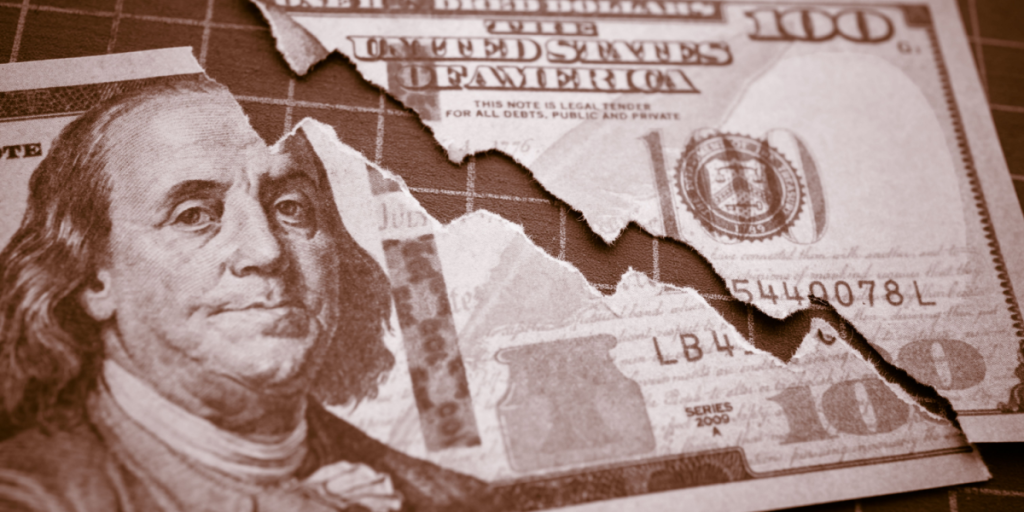The first quarter of 2025 marked the first GDP decline in three years.
Others are reading now
The first quarter of 2025 marked the first GDP decline in three years.
“A Greater Depression Is Coming”
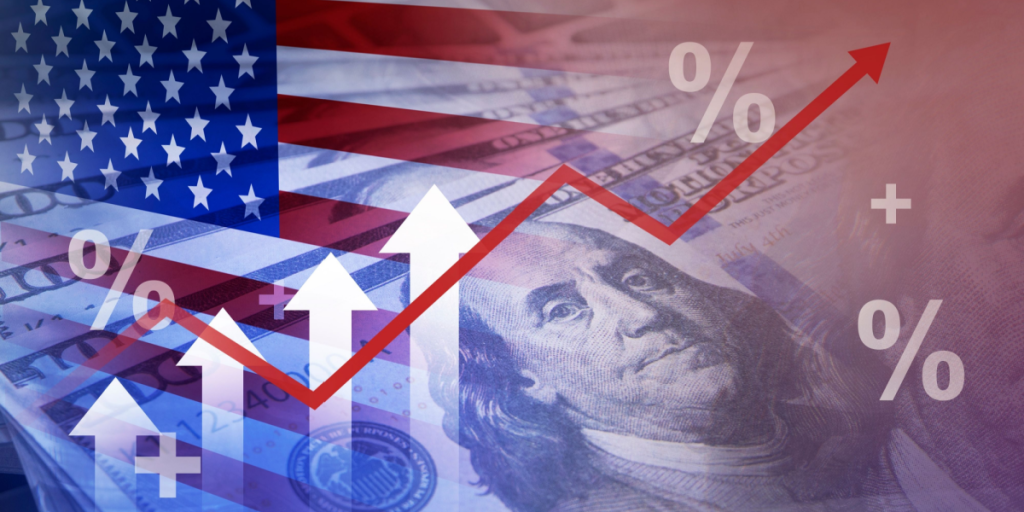
Robert Kiyosaki, the bestselling author behind Rich Dad Poor Dad and one of the few to publicly predict the 2008 financial meltdown, has sounded a dramatic new alarm.
This time, he says, the coming crash could be even worse than the Great Depression.
“Credit Card Debt at All-Time Highs, Pensions Vanishing”
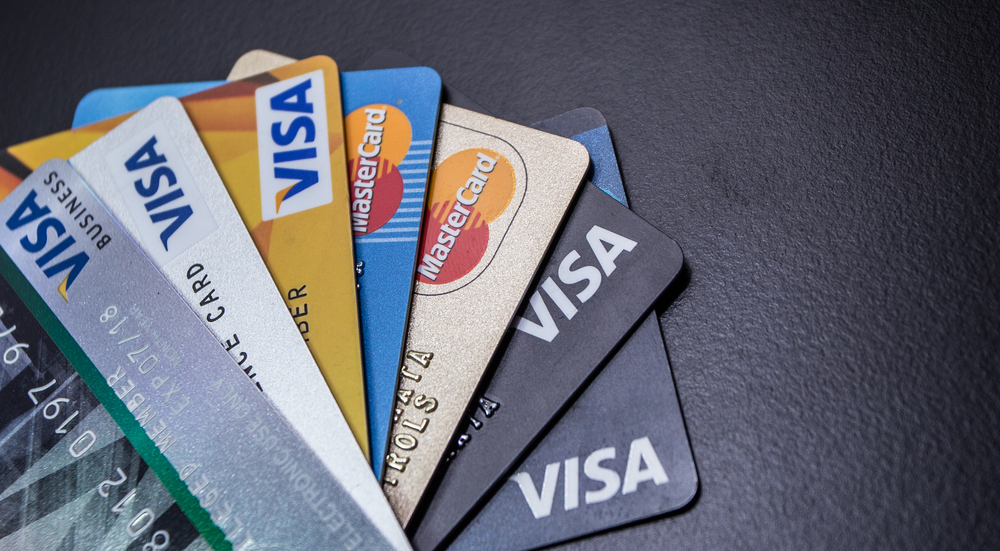
In a stark warning on social media, Kiyosaki laid out a grim picture:
Also read
Soaring credit card debt, record-breaking national debt, rising unemployment, and disappearing pensions. “The USA may be heading for a GREATER DEPRESSION,” he wrote.
Kiyosaki: You Were Warned
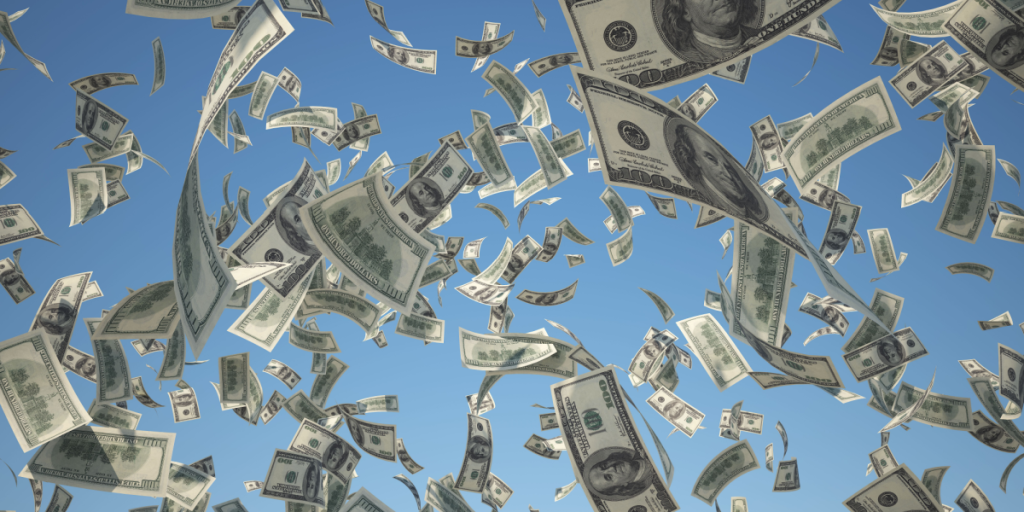
He pointed to warnings in his previous books, including Fake, Who Stole My Pension, and Rich Dad Poor Dad, saying readers who listened are “doing well today,” but expressing concern for those who didn’t.
Tariffs and Trade Wars Add to Economic Strain
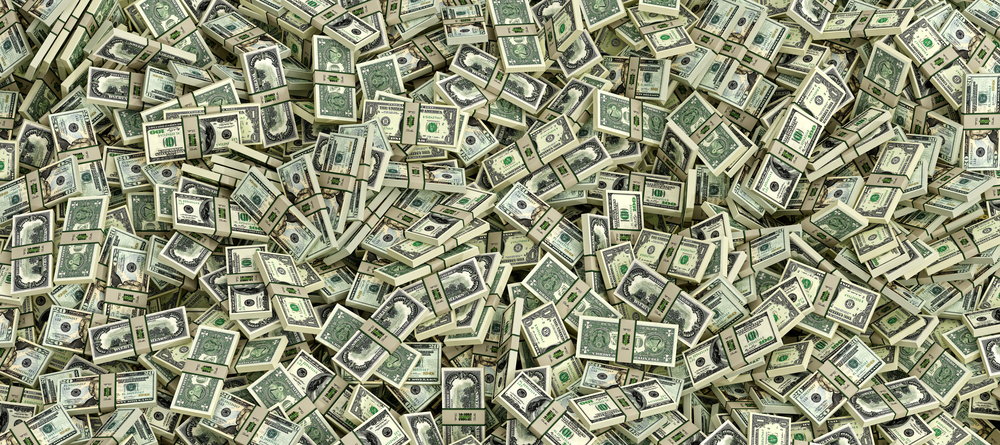
The U.S. economy has taken multiple hits in 2025, with many experts blaming the renewed Trump-era tariffs for driving up import costs and spooking businesses.
The first quarter of 2025 marked the first GDP decline in three years.
“Bitcoin Could Hit $1 Million,” Says Kiyosaki
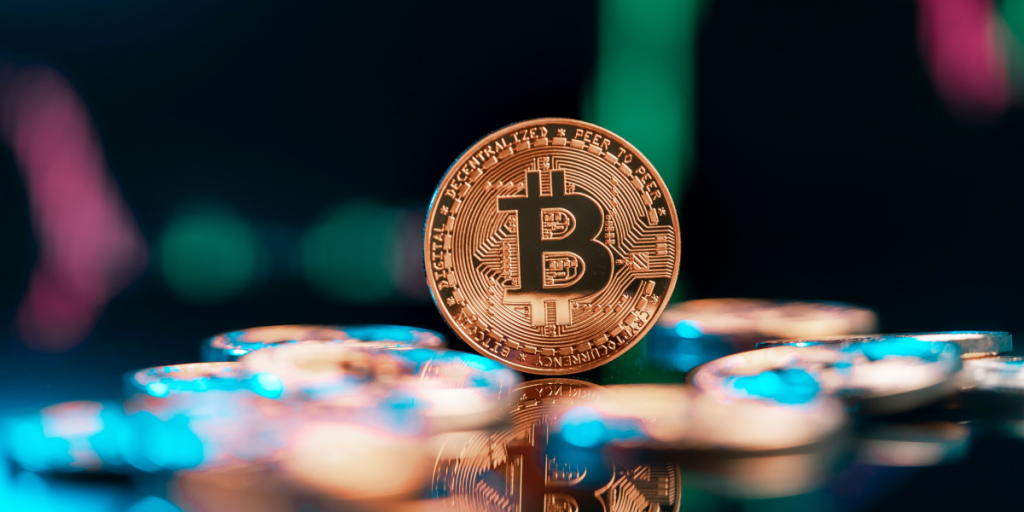
Despite the bleak outlook, Kiyosaki says it’s not all doom and gloom.
He believes those who invest wisely, especially in Bitcoin, gold, and silver, could come out the other side extremely wealthy.
“This may be the opportunity of your lifetime,” he claimed.
“Most Will Be Wiped Out… But Not You”
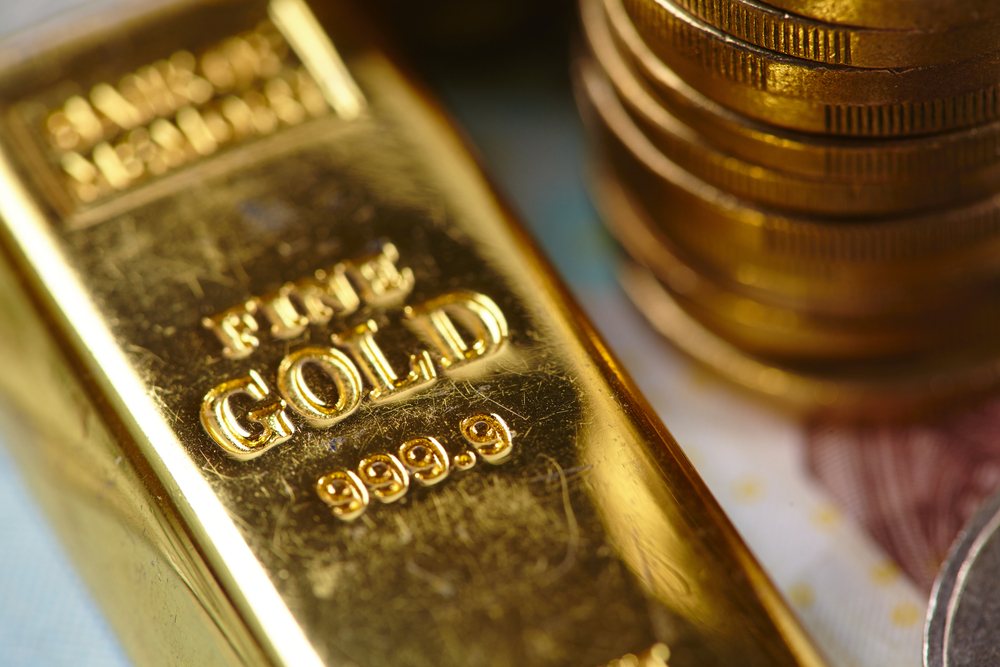
Kiyosaki urged people to take immediate action: learn, plan, and invest.
“Most people will be wiped out. But not you. Not if you start now,” he said.
He predicts Bitcoin could surpass $1 million, with gold at $30,000 and silver at $3,000 a coin by 2035.
Trouble Ahead: Inflation, Imports, and Interest Rates
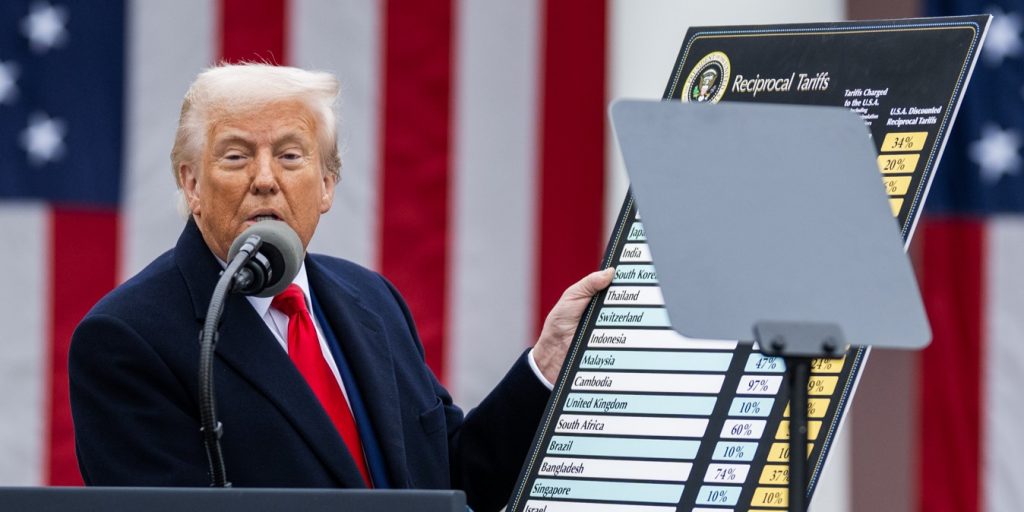
The U.S. economy may have bounced back from the pandemic, but the recovery has slowed.
High interest rates, stubborn inflation, and a rush of imports in anticipation of tariffs have shaken confidence and added new strain to American wallets.

